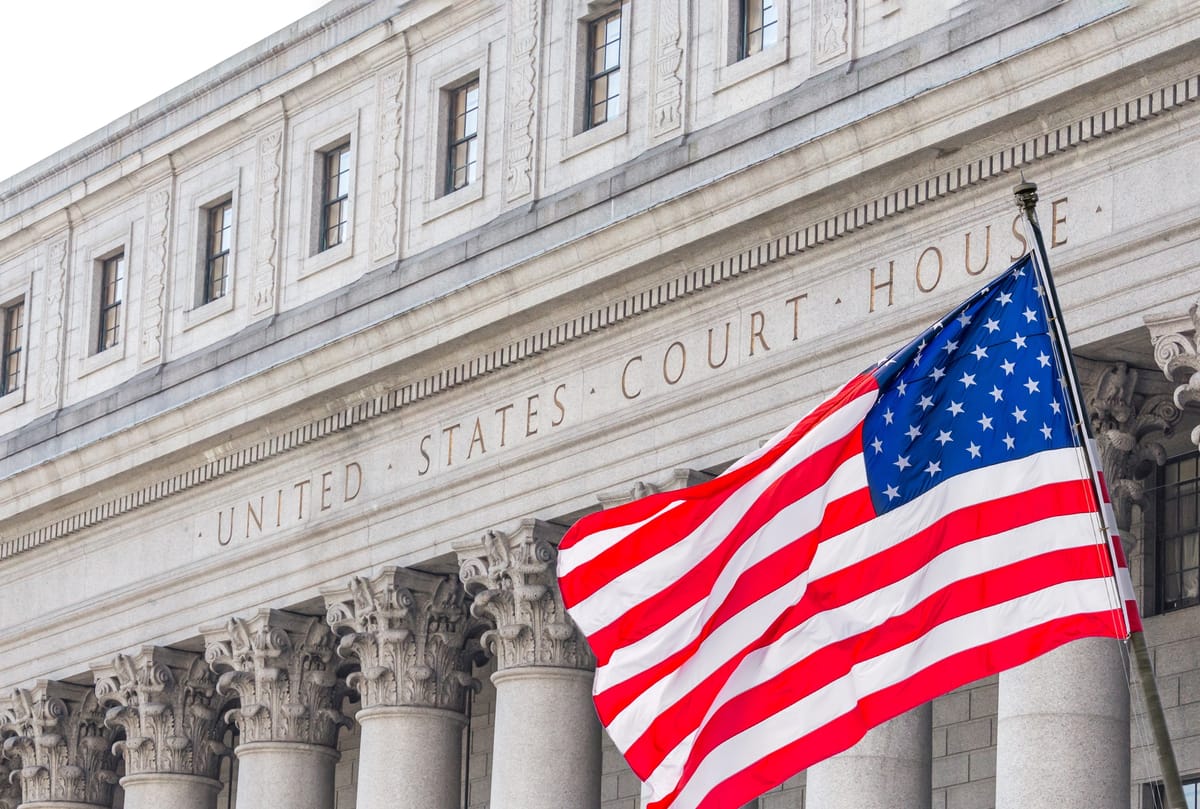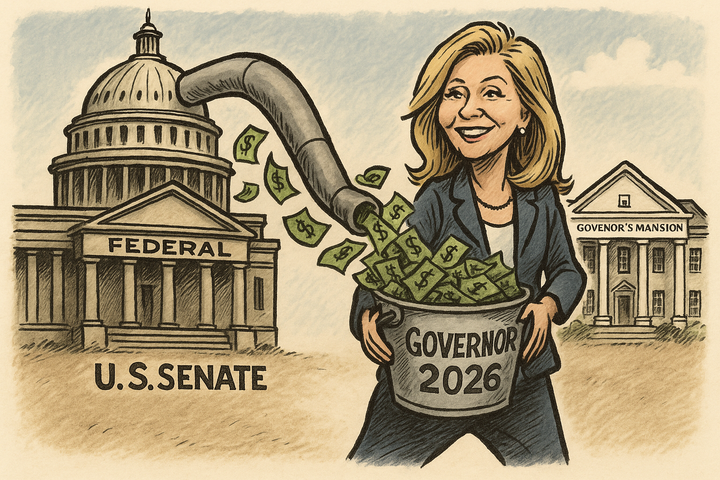Casada & Cothren push to expose key informants in their federal corruption case, but prosecutors refuse, citing legal protections. A new sealed filing by Cothren adds intrigue. Will the court force disclosure, or will secrecy shape Tennessee’s biggest political trial?
New Developments in the Legal Battle
The legal showdown over confidential informants in the federal corruption case against former Tennessee House Speaker Glen Casada and ex-Chief of Staff Cade Cothrenhas escalated, with new filings from both sides shedding light on the defense’s strategy and the government’s resistance.
While Casada and Cothren’s attorneys continue to demand the identities of key Confidential Human Sources (CHSes)—whose secret recordings and insider testimony form the backbone of the prosecution’s case—the government has now filed a strong opposition, arguing that the informant privilege should remain intact.
At the same time, Cothren has submitted a new motion under seal and ex parte, seeking to file a document that even the prosecution cannot access—a move that suggests sensitive legal maneuvers behind the scenes.
Government’s Pushback: Why They Refuse to Reveal the Informants
The United States Attorney’s Office has made it clear: they do not plan to call any of the CHSes as witnesses, meaning their credibility cannot be directly challenged in court. Prosecutors argue that because they will not rely on these informants for testimony, their identities are irrelevant—and that disclosing them could cause unnecessary harm to individuals who cooperated with law enforcement.
Their response also emphasizes the public interest in protecting informants, citing the Roviaro precedent, which allows the government to withhold informant identities unless the defense can prove disclosure is essential to a fair trial. The prosecution insists that the defense has failed to meet that high bar, dismissing their claims as mere speculation about potential bias or misleading statements.
Additionally, the government warns that exposure of these informants could deter future whistleblowers from cooperating in corruption cases—a concern particularly relevant in high-stakes public corruption investigations like this one.
Defense’s Counterargument: The Case Wouldn’t Exist Without Informants
Despite the government’s objections, Casada and Cothren’s legal team maintains that these informants were not just passive tipsters—they were active participants who shaped the case. In their filings, the defense argues that:
• The government’s entire case hinges on these informants’ statements—if their credibility is in question, so is the legitimacy of the prosecution’s case.
• Some of the informants’ statements may be inaccurate or misleading, and the defense has the right to challenge them.
• At least one CHS played a role in gathering the evidence that led to the charges, meaning their potential biases or motivations should be scrutinized.
They also highlight that several subpoenas have already been issued to state officials and former colleagues, suggesting that the defense may already have suspicions about the identities of the informants. If those individuals testify, the defense needs confirmation from the government to properly confront them.
Cothren’s Sealed Filing: A New Twist in the Case
One of the biggest revelations is Cade Cothren’s newly filed motion under seal and ex parte. While its contents remain confidential, the move suggests that Cothren’s legal team is making a separate request related to privileged information—potentially tied to legal strategy, confidential communications, or new evidence.
This sealed filing could indicate that the defense is either seeking to introduce information without government access or protecting sensitive legal tactics from being disclosed. However, it raises further questions about what the defense is planning and whether it could impact the request for informant identities.
What’s Next?
With these latest filings, the battle over transparency versus secrecy is reaching a critical juncture. The judge must now weigh:
✔ The defense’s right to challenge the evidence against them vs. the government’s interest in protecting informants.
✔ Whether the informants’ credibility is central enough to the case to justify their disclosure.
✔ The implications of the sealed filing by Cothren and how it may influence the broader legal fight.
A ruling on these motions could significantly shape the direction of this corruption trial. If the defense prevails, the government may be forced to reveal the names of individuals who provided crucial information—a move that could expose potential biases, political motives, or weaknesses in the prosecution’s case. If the judge sides with the government, Casada and Cothren will have to go to trial without knowing exactly who provided the evidence that led to their indictment.
Either way, this case remains one of Tennessee’s most explosive political corruption trials in years, and the legal battle over transparency is far from over. Stay tuned to TruthWire News for updates as the court’s decision unfolds.
If you support what I do, please consider donating a gift in order to sustain free, independent, and TRULY CONSERVATIVE media that is focused on Middle Tennessee and BEYOND!





Comments ()